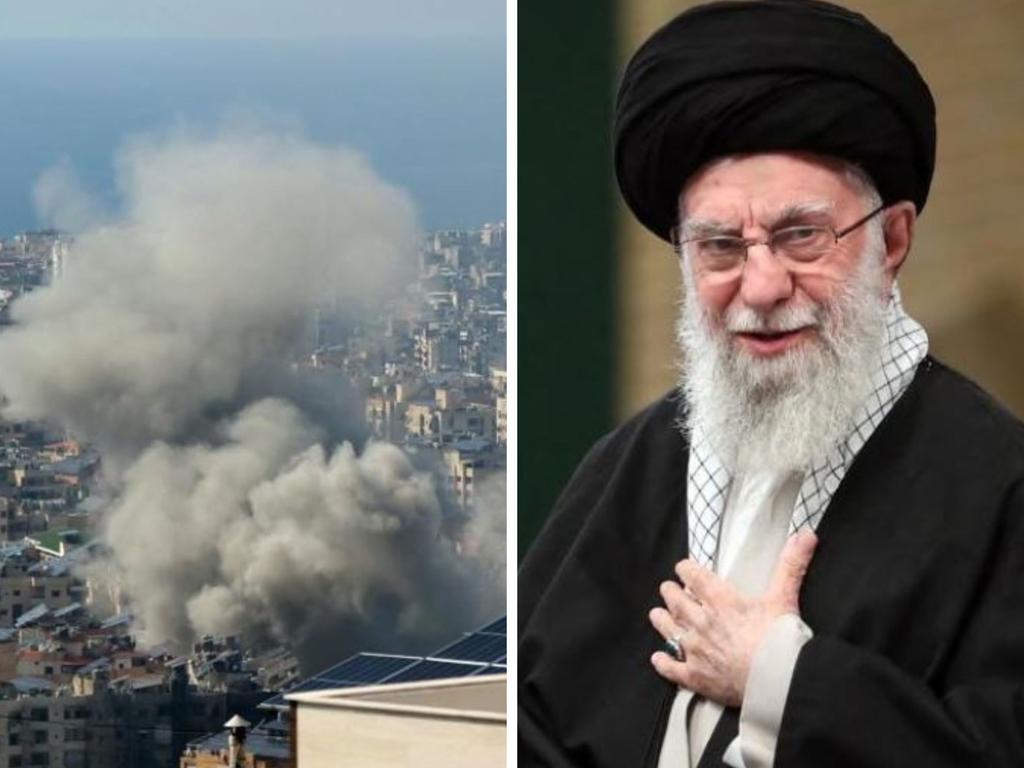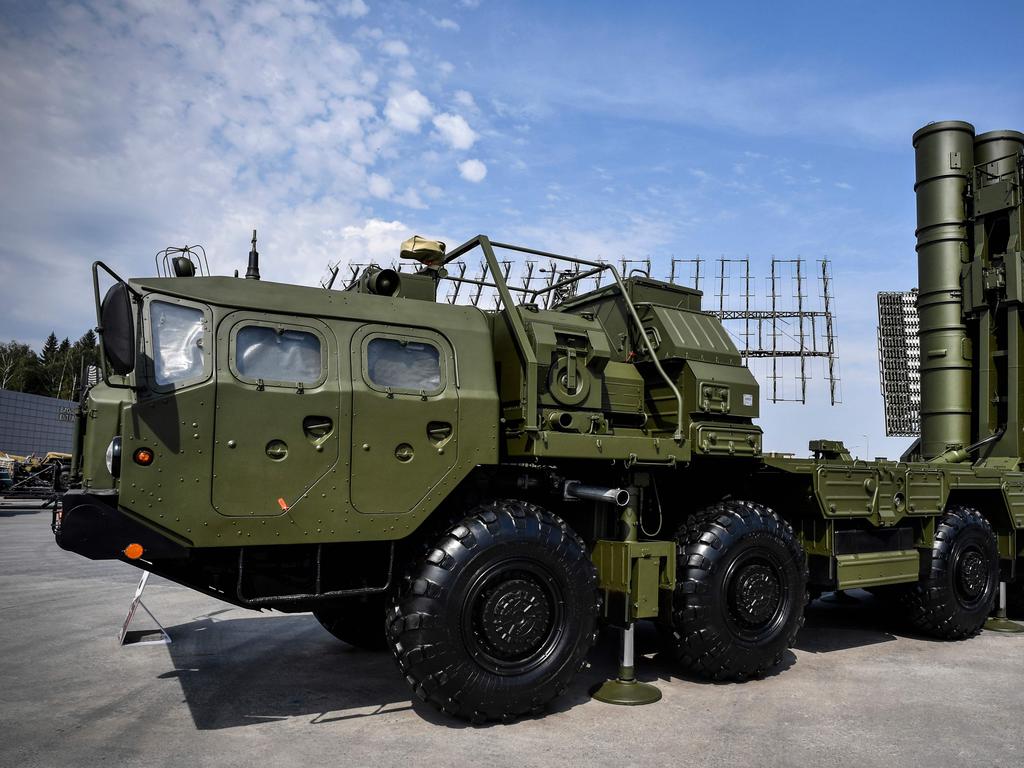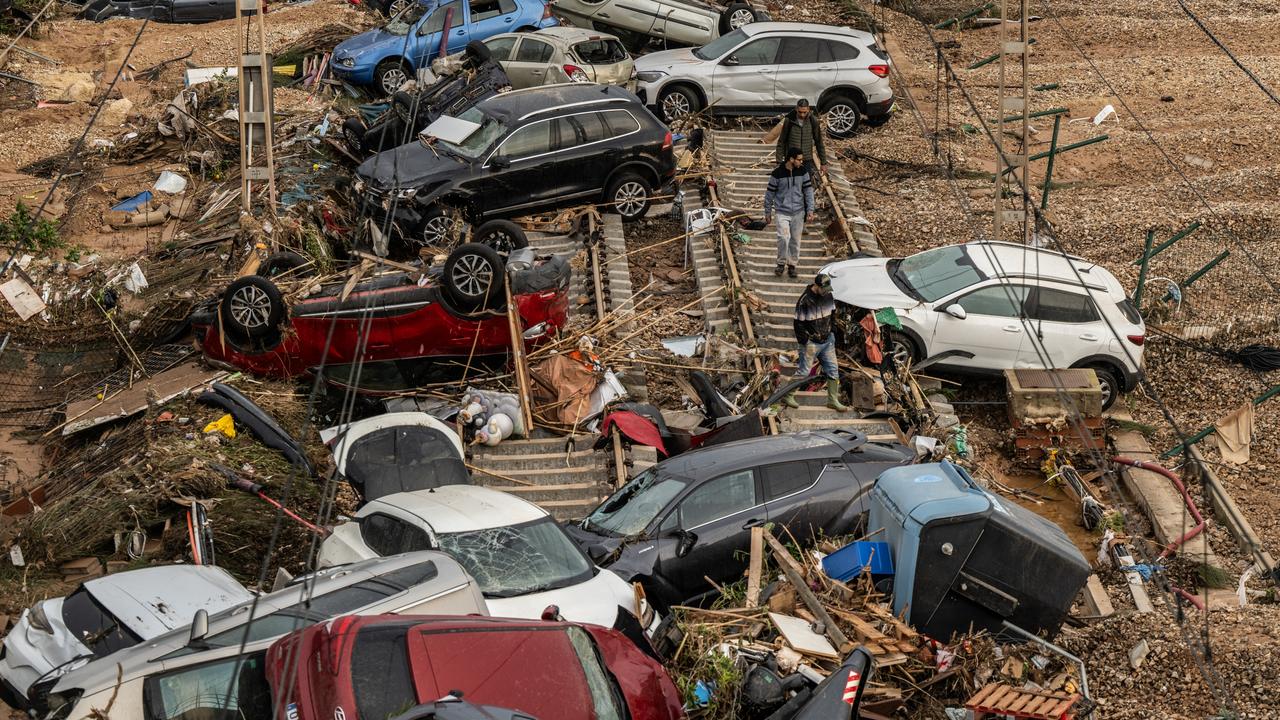Iran ‘may review nuclear doctrines’: Ayatollah’s adviser
An adviser to Iran’s Supreme Leader has said Tehran might review the doctrines surrounding its nuclear program if the country is exposed to an ‘existential threat.’
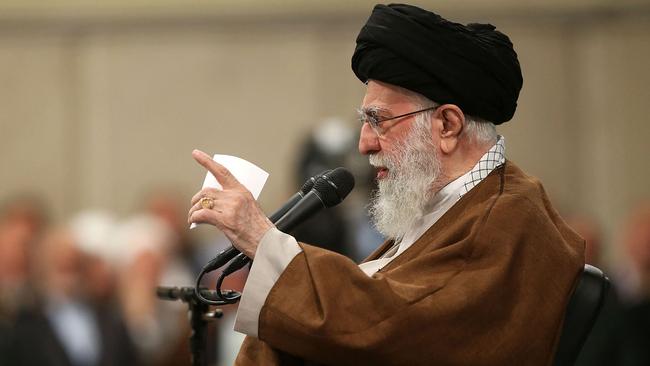
An adviser to Iran’s Supreme Leader has said Tehran might review the doctrines surrounding its nuclear program if the country is exposed to an “existential threat.”
Kamal Kharrazi told Hezbollah-linked broadcaster Al-Mayadeen: “We now have the technical capabilities necessary to produce nuclear weapons … Only the Supreme Leader’s fatwa currently prohibits it,” referring to Ayatollah Khamenei’s ban on the development of nuclear weapons in the early 2000s. The Ayatollah repeated the fatwa in 2019, saying that building and stockpiling nuclear weapons was “wrong and … haram (forbidden).
Despite the fatwa, there has been increasing concern that Iran would accelerate its nuclear program, while Iranian officials have repeatedly threatened to dump their nuclear doctrines.
Mr Kharrazi told Al-Mayadeen Iran did not want a wider war but would respond to any escalation of hostilities by Israel.
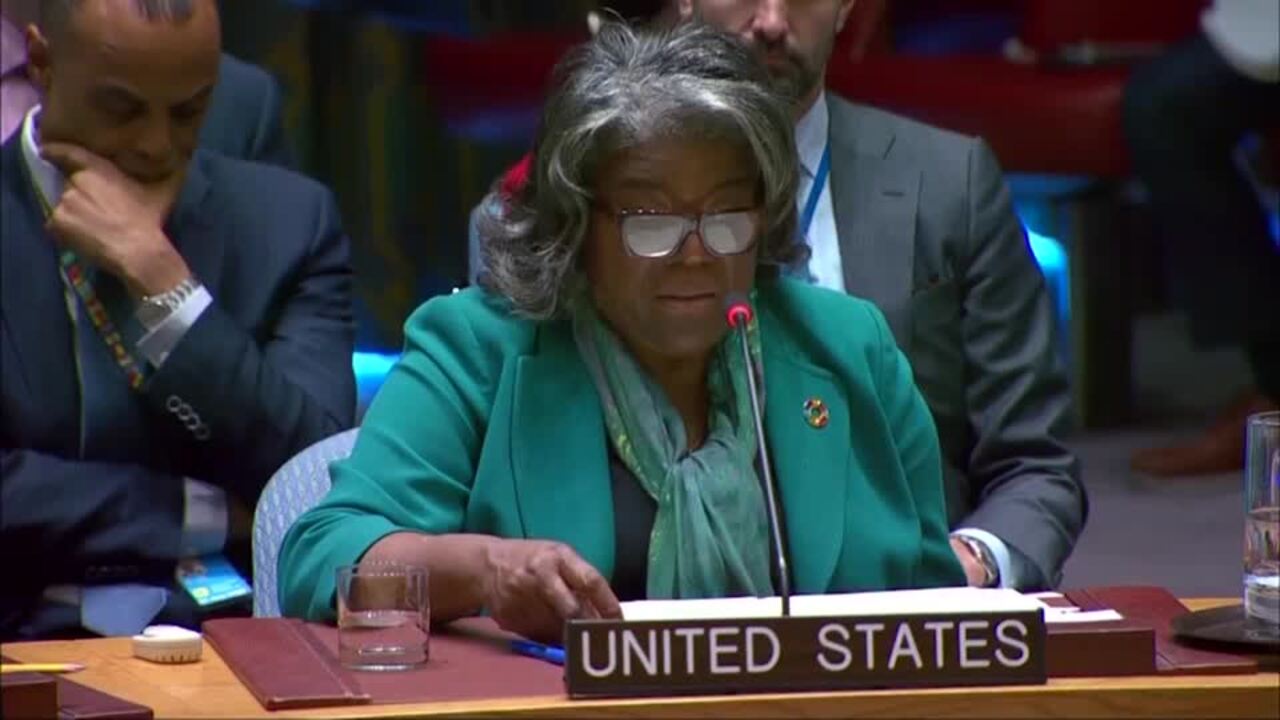
He also said Tehran would extend the range of its ballistic missiles if Western nations did not acknowledge Iran’s concerns over its sovereignty and “territorial integrity.”
“Iran then will disregard the concerns of Western countries,” he said.
It came as the US announced the deployment of additional military assets to the Middle East, including ballistic missile defence destroyers and long-range B-52 bomber aircraft.
“Should Iran, its partners, or its proxies use this moment to target American personnel or interests in the region, the United States will take every measure necessary to defend our people,” Pentagon spokesman Major General Pat Ryder said in a statement.
The additional resources build on previous US defence deployments to the Middle East in support of Israel, including a THAAD missile defence system deployed to the country late last month, operated by American troops on the ground.
The new forces “will begin to arrive in coming months,” Major General Ryder said.
Israel launched significant strikes against Iran on October 26, devastating military infrastructure to the Islamic republic while steering clear of critical nuclear and oil sites.
Iran has carried out two major attacks against Israel in 2024 – one in April after a strike on its consulate in Damascus that was blamed on Israel, and another in October that Tehran said was in response to the assassination of leaders of armed groups it backs in the Middle East.
Observers warn the continued military operations between the regional rivals could escalate further.
With AFP

